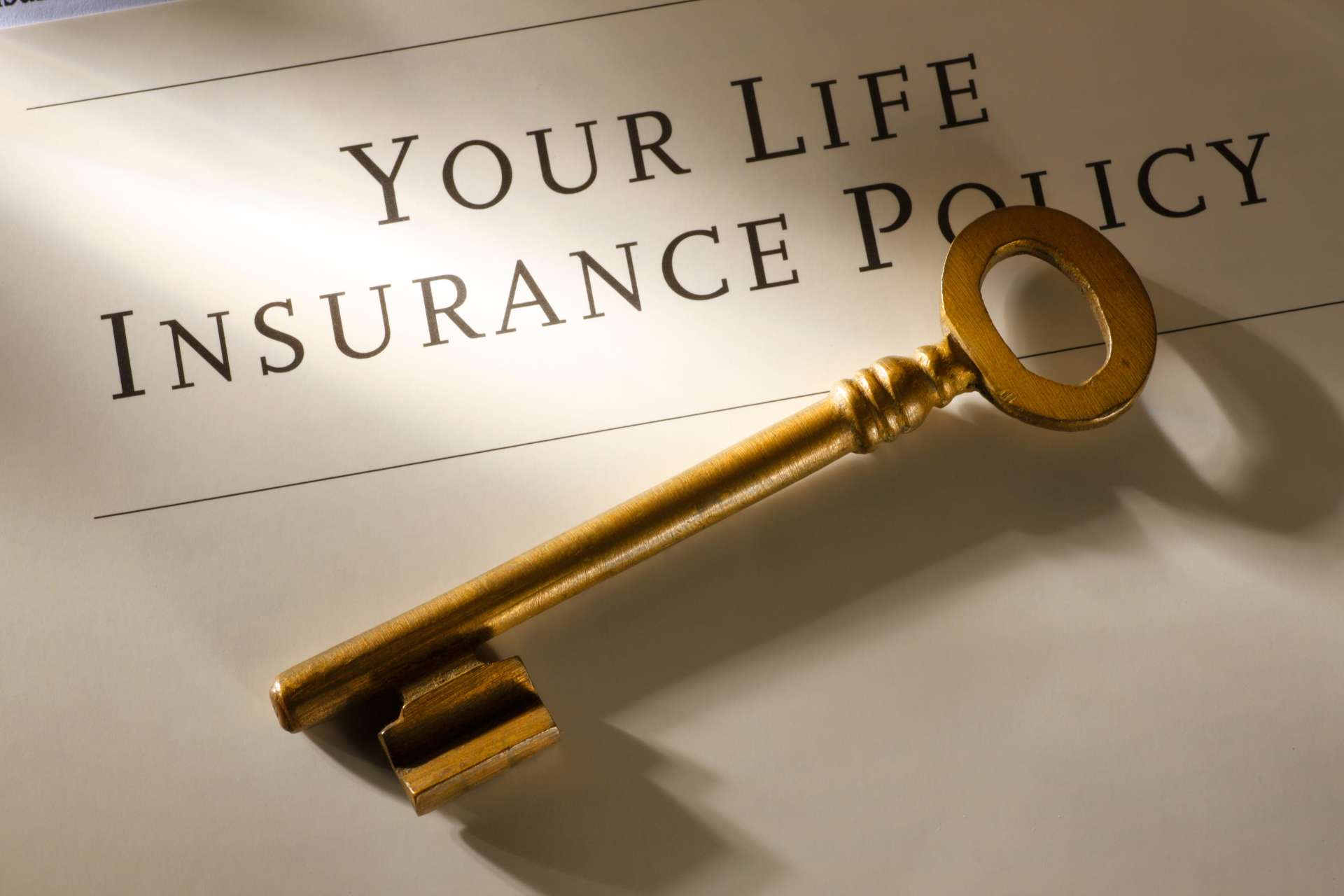4 Key Questions to Ask Your Estate Lawyer
Estate planning is a fundamental element of financial stability. You work hard and want to ensure your loved ones are cared for upon your passing. If you haven't already done so, now is the time to begin making plans regarding your estate. According to LegalZoom, a popular online legal database and connection resource, 74% of working-age people worldwide plan to leave an inheritance for their children. It pays to have an experienced estate planning expert by your side. Here are some useful questions to ask an estate lawyer about taking the best care of your family and loved ones.
1. Can I Avoid Probate?
Do you want your spouse, children, and grandchildren to wait a year or more to receive what you left for them? When your estate has to go through the probate process, that's exactly what will happen. The type of estate document you use can determine if the probate process will be necessary. While a will is the simplest document to use, it can also cause your beneficiaries to wait longer due to the necessity of probate. Your estate lawyer will help you to choose the option that best aligns with your wishes.
2. Is There a Way to Minimize Estate Taxes?
Taxes are a part of life. You can't escape them, even when handing down an inheritance. However, there are ways to ensure your beneficiaries receive as much money as possible without handing most of your resources over to taxes. Your estate lawyer will advise the best ways to minimize your taxes based on how you distribute funds.
3. What Is the Difference Between a Will and a Trust?
The main legal documents for estate planning are a will or a trust. A will is a formal document where you list your beneficiaries, assets, and how to distribute them. However, a trust is more of a legal arrangement in which you transfer your assets to a trustee. From then on, a trustee will manage those assets on behalf of your beneficiaries.
4. Is There a Minimum Requirement for Estate Planning?
Many Americans wrongfully assume you have to be rich to plan an estate. Whether you have one house or ten of them, those are assets you want to pass on to your loved ones upon your death. Therefore, regardless of how small your estate is, having legal documents can ensure that your property, finances, and other valuables go to the right person.
Make sure your loved ones are well cared for in the future. With the right legal advice, you can easily do so. For an experienced estate lawyer who can advise and set up your estate planning, contact our team at Nash Bean Ford & Brown, LLP today.











Share On: